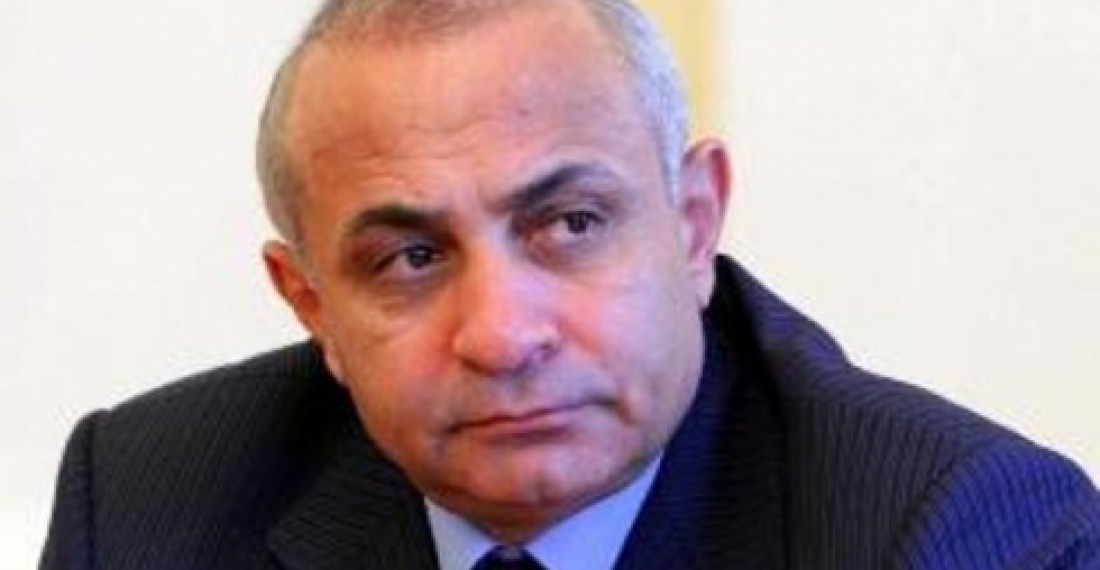Ожидается, что парламент Армении впервые после выборов 6 мая соберется сегодня вечером, где и объявят Овика Абрамяна спикером. Абрамян занимал этот пост за несколько месяцев до выборов, перед тем как уйти в отставку, чтобы возглавить предвыборную кампанию правящей Республиканской партии Армении.
Однако, новый парламент будет значительно отличаться от прежнего. Мало того, что в нем теперь будут представлены шесть политических партий, но, пожалуй, более важное то, что второй по величине партией в парламенте будет партия Процветающая Армения, которая не является частью нового правительства. Это дает неправительственным силам в парламенте очень важную роль.
Новый парламент также будет включать в себя ряд новых лиц, в том числе 14 женщин депутатов, и поколение молодых политиков, которые впервые попадают в парламент.
Некоторые оппозиционные партии объявили, что они не будут участвовать в церемонии открытия, но все стороны указали, что они будут играть активную роль в новом парламенте. Армения в настоящее время имеет самый плюралистический парламент на Южном Кавказе, со всеми основными политическими силами, представленными в нем.
Источник: commonspace.eu
Фото: Ховик Абрамян
Commentary
Абрамян возвращается в качестве спикера







